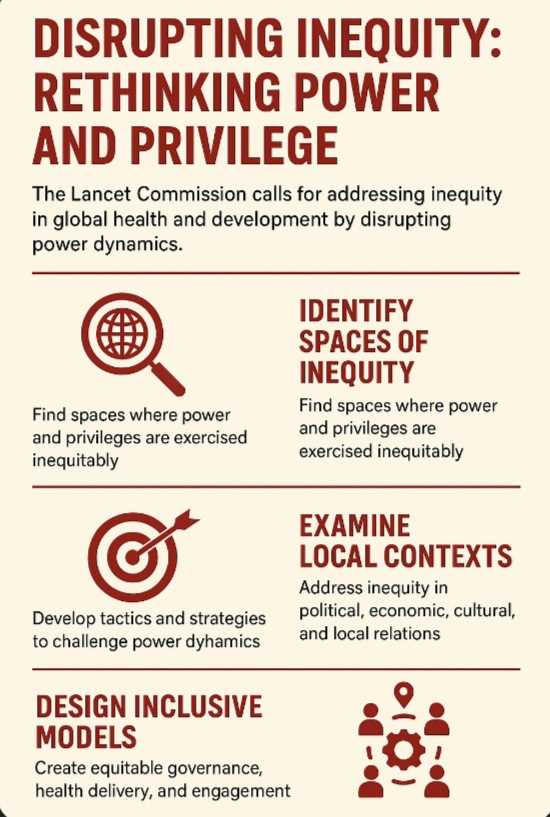
Audrey Galawu- Assistant Editor
A new report by The Lancet Commission is calling for a radical shift in how power and privilege are distributed and exercised in global health and development spaces, challenging institutions and policymakers to confront systemic inequities across political, economic, cultural, and local contexts.
Dr. Ravi Verma, one of the authors and commissioners of the report, emphasized the need for strategic disruption of entrenched power dynamics that perpetuate inequality.
“We must identify those spaces where power and privileges are exercised inequitably and find some ways to disrupt that,” Verma said. “That means it requires a lot of tactics and strategies at multiple levels.”
The commission’s report does not stop at diagnosis but instead lays out a call to action. It argues that inequity is not a consequence of poor planning but a product of deliberate structures that benefit the few at the expense of the majority.
These structures are often hidden in the everyday operations of political systems, economic models, cultural norms, and social interactions—making them all the more difficult to challenge.
Related Stories
By examining local contexts, the report highlights how community relationships, traditional hierarchies, and institutional practices reproduce inequity. It insists on the importance of local voices and leadership in reimagining systems that serve all, especially those who have historically been marginalized.
Disruption, as defined by the commission, is not merely about protest or resistance—it involves designing new, inclusive models of governance, health delivery, and engagement.
This includes creating safe spaces for the underrepresented to participate in decision-making, amplifying grassroots innovations, and ensuring that global frameworks are informed by lived experiences.
Experts believe that while the task is immense, it is essential to create lasting change. “The old ways are simply not enough. We need to shift the narrative from charity to justice, from aid to equity,” said Verma.
As institutions digest the report’s findings, the real challenge will be in implementation. Will governments, international agencies, and donors take the necessary steps to cede power and invest in structural change? The commission is clear: without disrupting the status quo, the promise of equitable global health will remain out of reach.










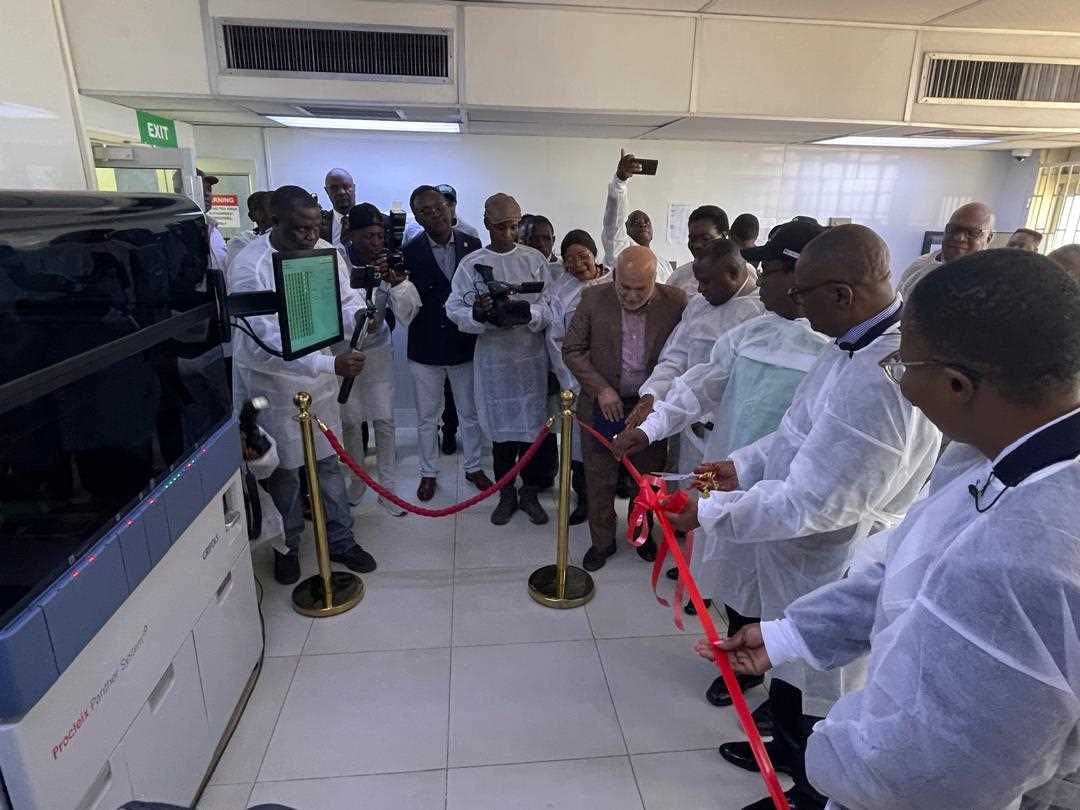
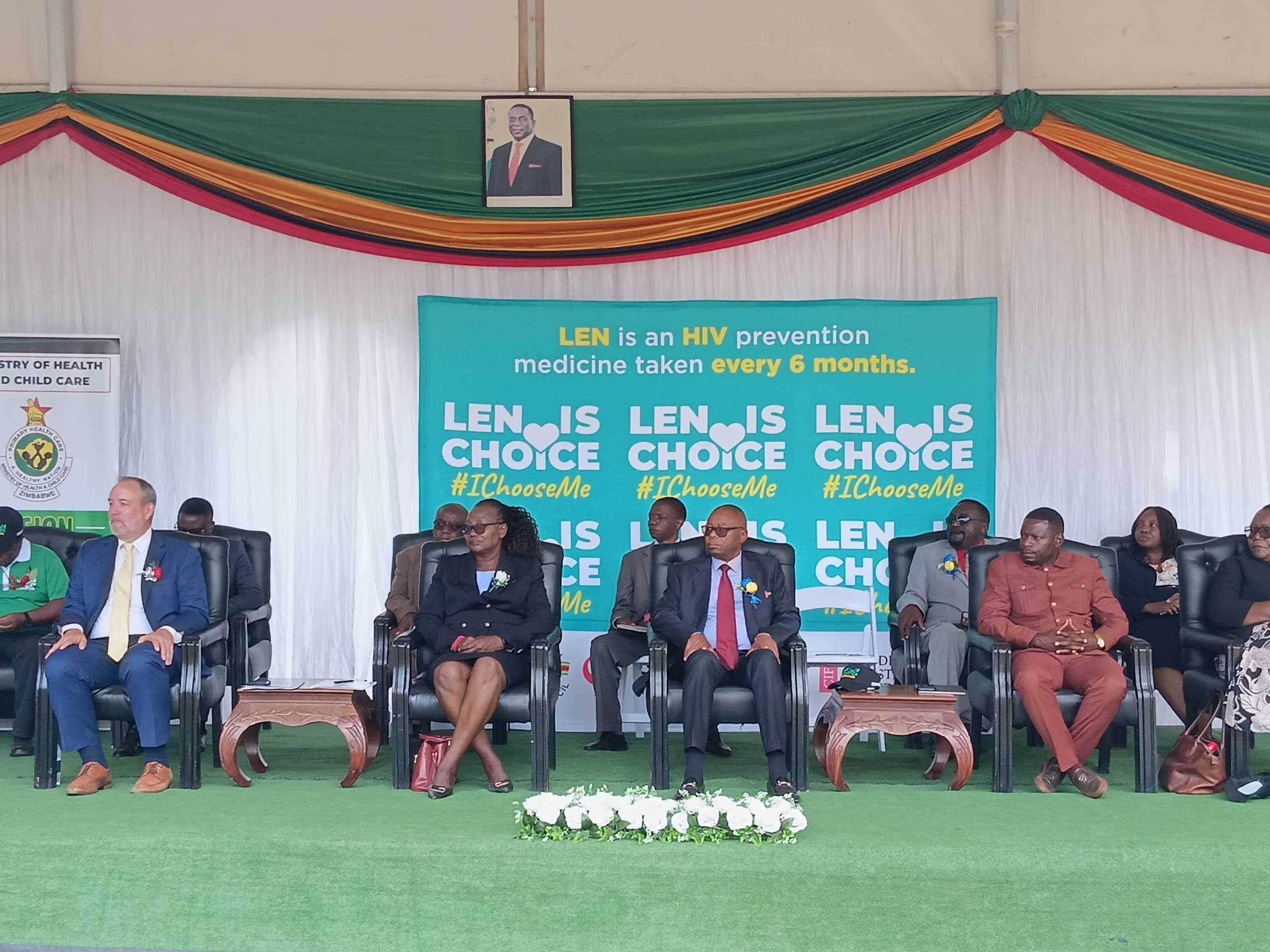


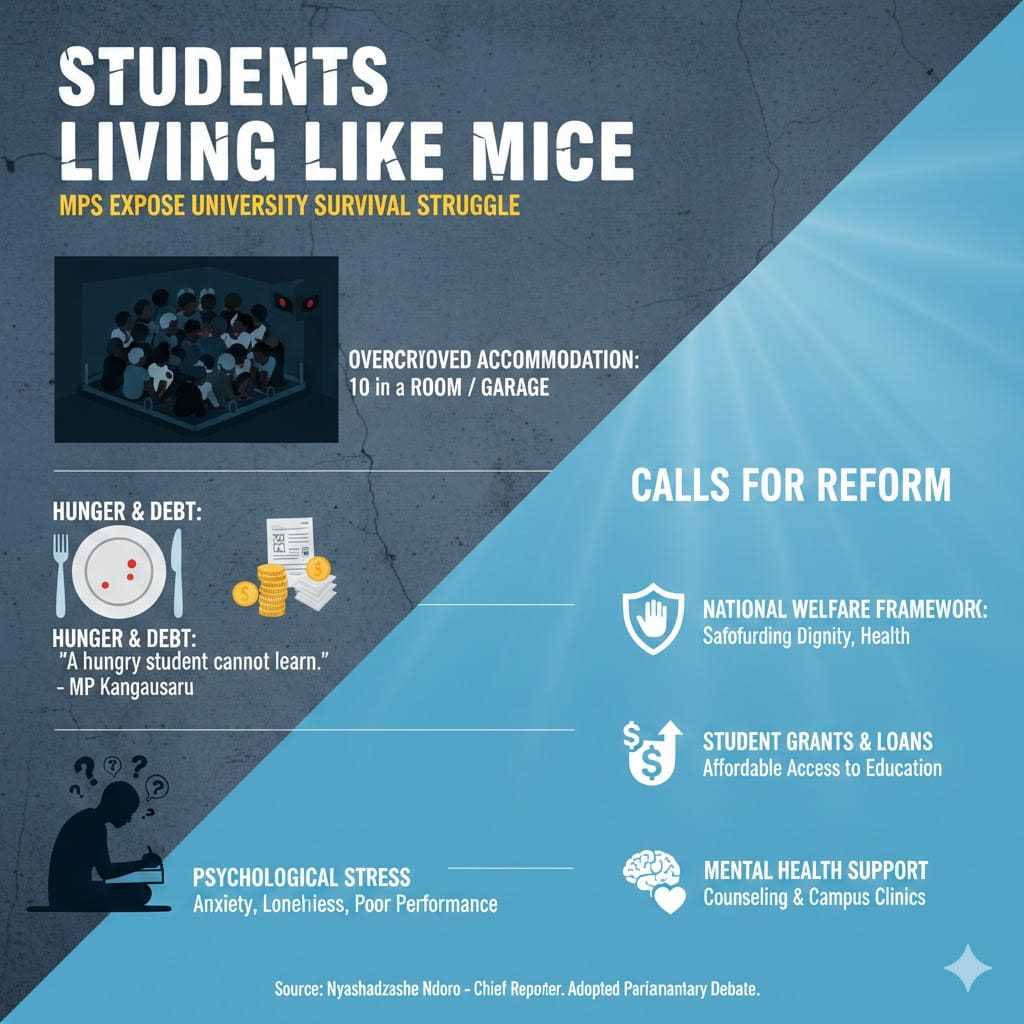
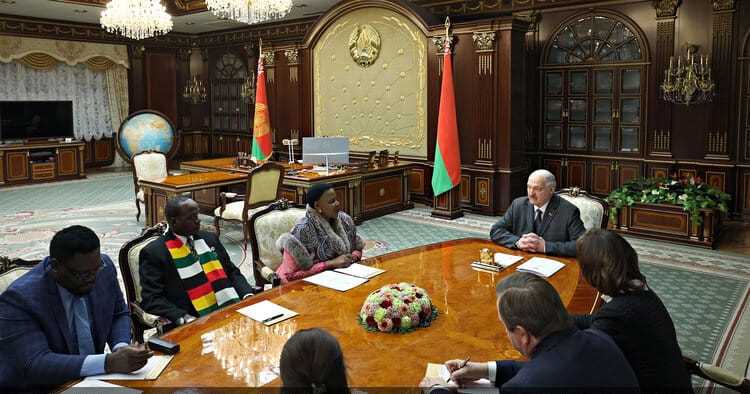
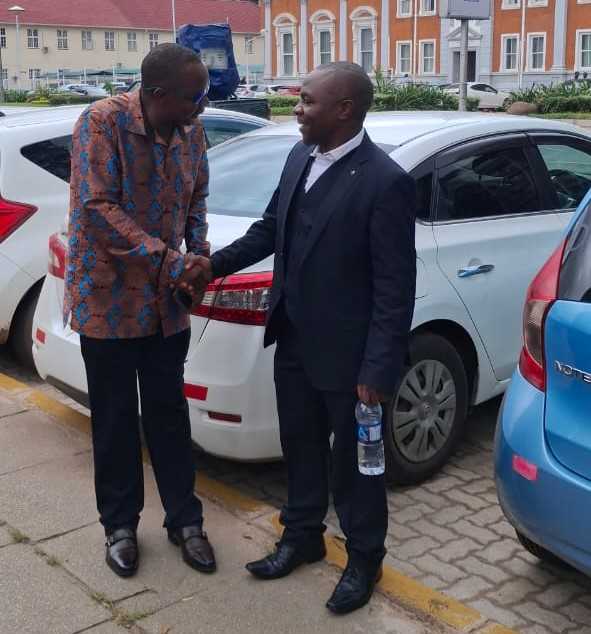


Leave Comments